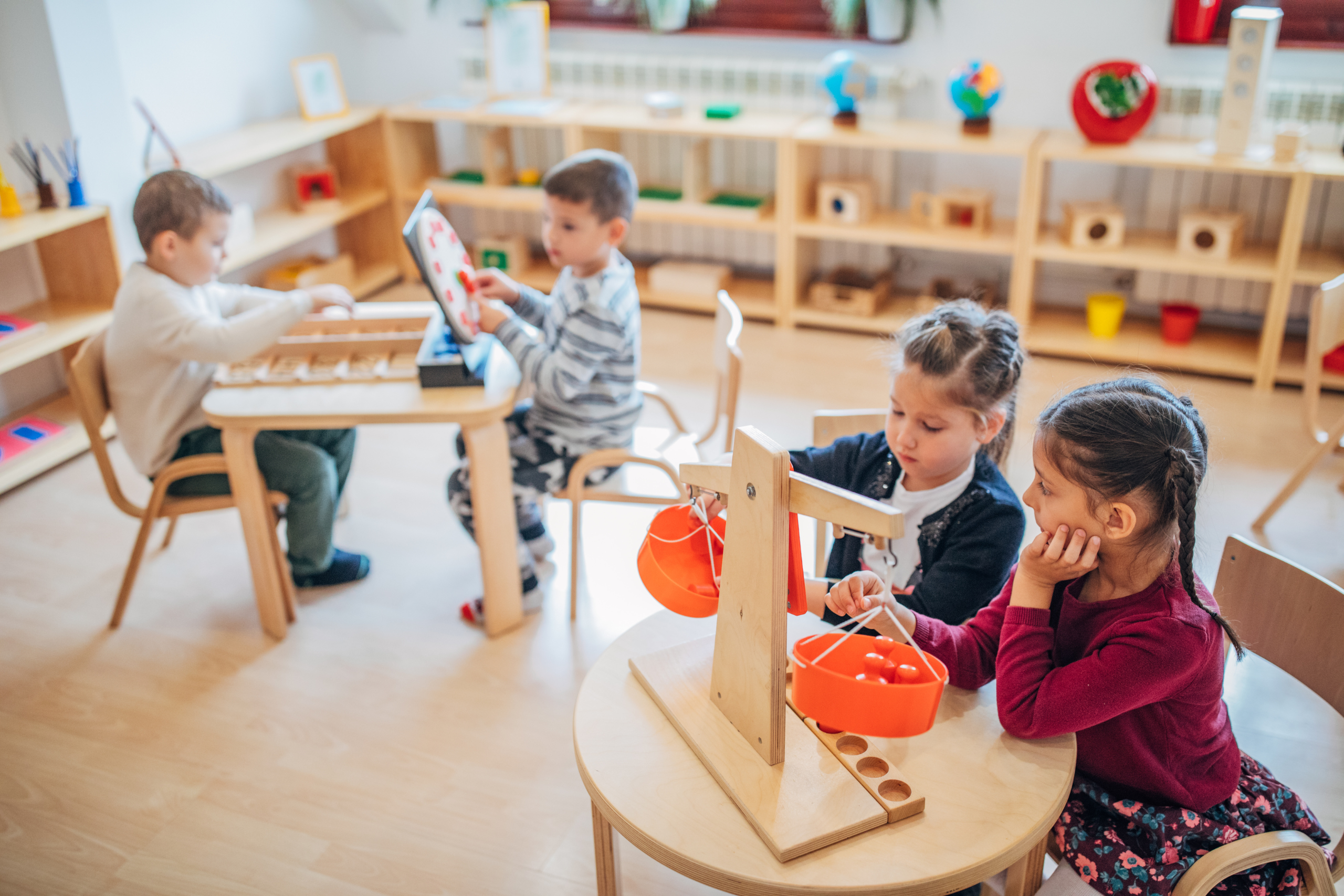National Study Reveals Sustained Cognitive and Social Benefits of Montessori Education by Kindergarten's End

Montessori Preschoolers Show Significantly Higher Scores in Reading, Memory, and Executive Functions
A groundbreaking national randomized controlled trial has revealed that children attending public Montessori preschools demonstrate significantly higher cognitive and social-emotional skills by the end of kindergarten, a finding that challenges conventional understanding of early childhood education impacts. The study, published on October 28, 2025, in the Proceedings of the National Academy of Sciences (PNAS), found that Montessori children outperformed their peers in reading, short-term memory, theory of mind, and executive function.
The research, led by a collaborative team from the University of Virginia, University of Pennsylvania, and the American Institutes for Research, tracked 588 children across 24 public Montessori programs nationwide. According to researcher Matt Bateman, the study observed that "...at the end of kindergarten…Montessori children had significantly higher reading, short-term memory, theory of mind, and executive function scores." This outcome is particularly notable as it "contrasts sharply with the more typical finding, where impacts of preschool…disappear by the end of kindergarten."
The randomized controlled trial design, considered a robust methodology, compared children offered a Montessori seat via competitive lottery with those not offered a seat. While initial impacts were not significantly evident at the end of PK3 or PK4, the advantages became clear and statistically significant by kindergarten's conclusion. This sustained impact suggests that the Montessori approach fosters enduring developmental gains.
Researchers highlighted that the Montessori model's effectiveness in these areas, including improved social understanding, provides a compelling argument for its long-term benefits. The findings underscore the potential of high-fidelity Montessori education to provide lasting advantages in critical developmental domains, moving beyond the transient effects often seen in other preschool interventions. The study's results are expected to contribute significantly to ongoing discussions about effective early childhood education strategies.